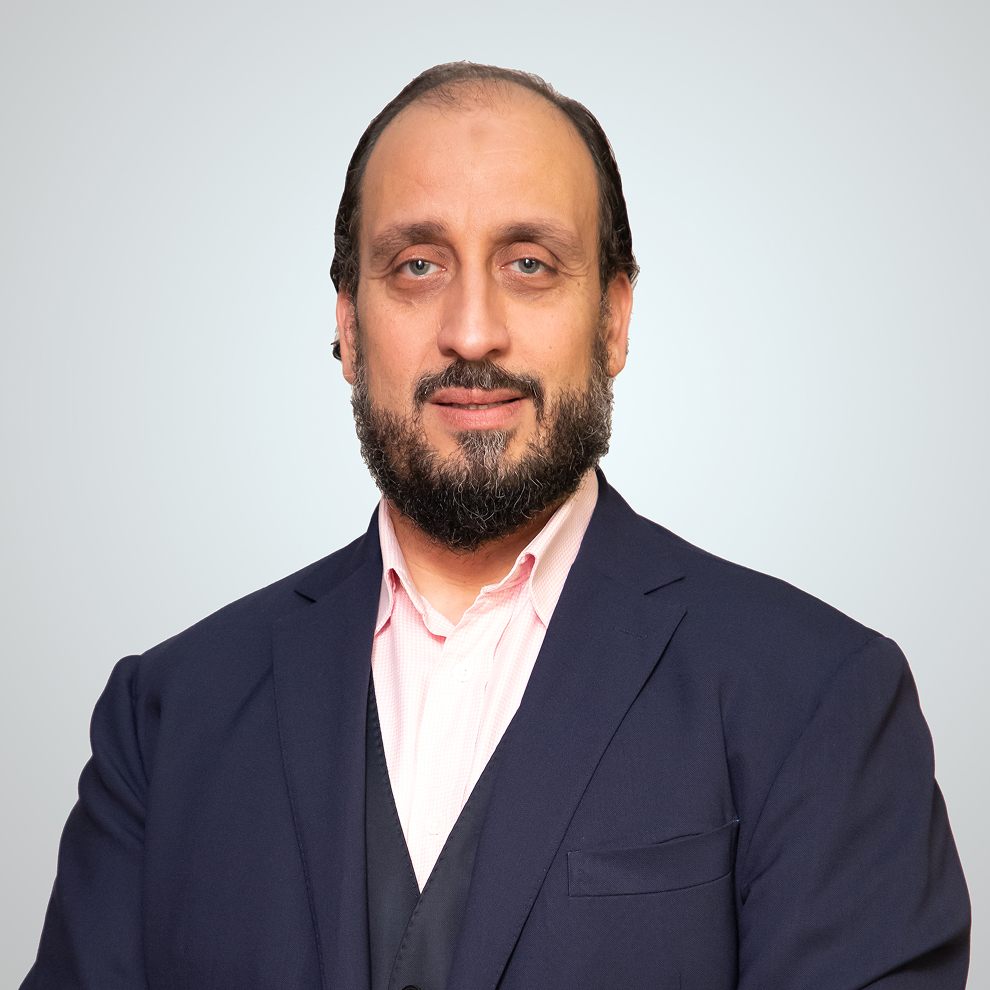Why Functional Medicine?
The word functional medicine has had to endure a lot. Over the years, it’s been stretched, overused, and sometimes misrepresented. Too often, claims have been made under its banner—claims that weren’t always backed by solid science or research. Big, shiny phrases like “root cause” and “holistic healing” have been used as catch-all justifications, often with supplements pushed as the solution.
But what does functional medicine really mean?
For me, as a practitioner, it’s not about abandoning conventional medicine or rejecting everything we’ve been taught. It’s not an “alternative.” It’s not the infected limb some try to label it as.
When I think of functional medicine, I think of primary health care at its core.
I think of the first screening before the disaster.
I think of the most convenient yet effective way to support both individual and community health.
Functional medicine doesn’t mean ignoring conventional medicine—it’s rallying behind it. It’s about preventing, curing, and thinking deeply about how we can keep people healthy before they become patients.
Yes, there are flaws in rigid models of care—treating only when disease is fully present, never addressing the whispers before the scream. But medicine evolves. Over time, what works stays, what doesn’t falls away.
I believe functional medicine will refine itself too. It will shed the noise and misconceptions attached to its name. It will recalibrate, becoming more accessible, more grounded, and more powerful as a partner to conventional medicine—not in opposition to it.
Time is changing, and so is our understanding of care. The future of medicine isn’t a divide between “functional” and “conventional”—it’s the point where they work hand in hand, aligned rather than misaligned.







